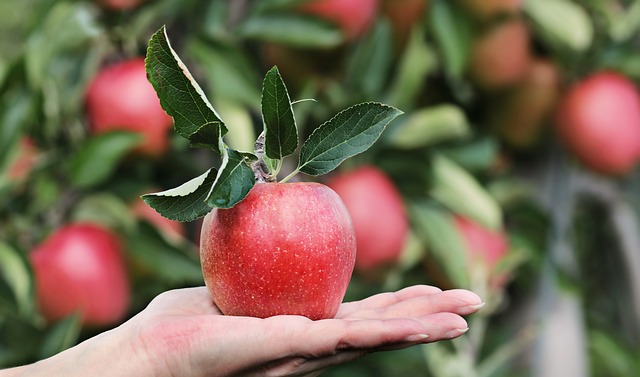Probiotics 101: Demystifying the World of Good Bacteria
Welcome to Probiotics 101! In this blog post, we will dive into the fascinating world of good bacteria and uncover the secrets behind these microscopic superheroes.
What Are Probiotics?
Probiotics are live bacteria and yeasts that are beneficial to our health, especially our digestive system. These “friendly” microorganisms provide a wide range of health benefits and promote a healthy gut.
While the term “bacteria” might sound alarming, not all bacteria are harmful. In fact, our bodies contain trillions of bacteria, both good and bad, which make up our microbiome. Probiotics are the good guys in this microbial ecosystem.
Health Benefits of Probiotics
The research surrounding probiotics is still ongoing, but there is evidence to suggest that these microorganisms offer several health benefits:
- Improved Digestive Health: Probiotics aid in maintaining a healthy balance of gut bacteria, preventing digestive issues such as diarrhea, constipation, and bloating.
- Enhanced Immune Function: Certain strains of probiotics have been shown to boost the immune system, reducing the risk of infections and allergies.
- Prevention of Antibiotic-Associated Side Effects: Antibiotics can disturb the natural balance of bacteria in our bodies. Probiotics can help restore this balance and alleviate antibiotic-associated issues like diarrhea.
- Improved Mental Health: Recent studies suggest a strong connection between gut health and mental well-being. Probiotics may play a role in reducing symptoms of anxiety and depression.
- Reduced Inflammation: Some probiotic strains have been found to have anti-inflammatory properties, which can help alleviate symptoms of inflammatory bowel diseases like Crohn’s disease and ulcerative colitis.
Common Types of Probiotics
Probiotics come in various strains, and each strain may offer different health benefits. Here are some of the most common types:
- Lactobacillus: This is the most common probiotic strain found in yogurt, fermented foods, and supplements. Lactobacillus helps break down food, absorb nutrients, and fight harmful bacteria.
- Bifidobacterium: This strain is prevalent in many dairy products. It aids digestion and supports a healthy immune system.
- Saccharomyces boulardii: This yeast-based probiotic is renowned for its ability to combat diarrhea, especially in relation to antibiotics or traveling.
- Escherichia coli Nissle 1917: Also known as Mutaflor, this probiotic strain is beneficial for those with inflammatory bowel diseases like ulcerative colitis.
Sources of Probiotics
Probiotics can be obtained from both natural food sources and supplements. Some common sources of probiotics include:
- Yogurt
- Kefir
- Sauerkraut
- Kimchi
- Pickles
- Tempeh
- Miso
- Supplements (capsules, tablets, and powders)
Choosing the Right Probiotic
When selecting a probiotic supplement, it’s essential to consider the following factors:
- Strain: Look for a probiotic with the specific strain that suits your individual health needs.
- CFU Count: CFU (colony-forming units) refers to the number of viable organisms in the supplement. Higher CFU counts do not necessarily mean a better probiotic, so consult a healthcare professional to determine the appropriate dosage.
- Form: Probiotics







